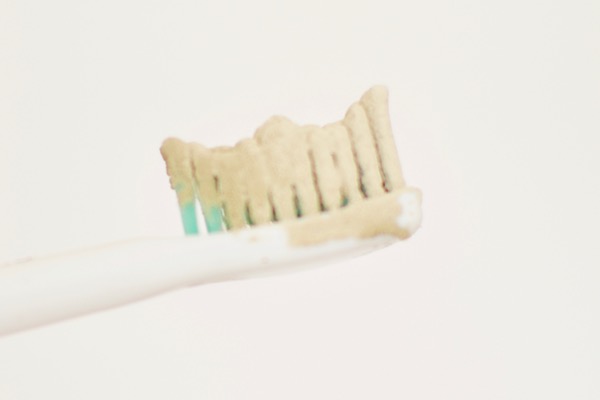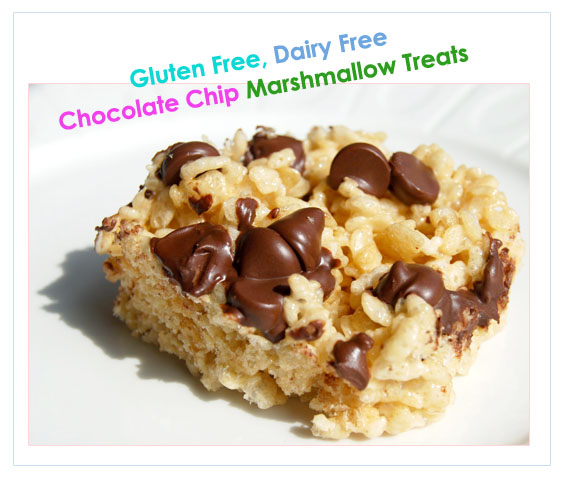And is this sugar-free sweetener doing you harm?
Acesulfame potassium—also known as or Ace-K or acesulfame K–is one of the most commonly used sugar alternatives. It’s primarily found in sugar-free products, thanks to the fact that it is both zero-sugar and zero-calories. In its raw state, it’s a white crystalline powder with a surprisingly bitter after-taste. To make it a useful ingredient in no-sugar foods, it’s usually mixed with aspartame, sucralose, or a combination of both.
Where Can I Find Ace-K?
Since 1998, acesulfame potassium has been used in soft drinks and sugary beverages. It received FDA approval in 1998 for use in soda, but has since spread to being used in a wide range of foods, including:
- Chewing gum
- Sugarless candy
- Tabletop sweeteners (packets)
- Drink mixes
- Baked goods
- Frozen desserts
- Protein shakes
- Sugar-free drinks
Basically, if it features “sugar free” on the label, there is a very real chance that it contains acesulfame potassium.
The Dangers of Acesulfame Potassium
Initially, the FDA approved the use of acesulfame potassium for drinks and other foods. A number of tests dating back to the 1970s indicated that there could be potentially dangerous side effects of acesulfame potassium—including causing cancer—but the validity of those initial tests have been called into question. They weren’t designed properly, and thus have not been considered truly “accurate” scientific method.
However, though the original tests were flawed, the potential risks of acesulfame potassium remain. A number of agencies, including the Center for Science in the Public Interest, have called for the studies to be conducted again in order to ascertain for sure whether or not acesulfame potassium is dangerous. Despite the flaws of the initial studies, the potential for harmful side effects of acesulfame potassium remain.

READ MORE: 9 Dangerous Chemicals in Your Kitchen
For example, the initial study found a link between consumption of acesulfame potassium and the development of cancer cells. Redoing the tests could point to a much clearer, more concrete link between the two problems.
It is also believed that consumption of acesulfame potassium lead to thyroid damage. As the body breaks down the acesulfame K, it produces a chemical called acetoacetamide, which can have negative effects on the body—specifically the thyroid gland. Another study found that chronic consumption of acesulfame K could lead to long-term changes in animal brain function. If the chemical can change animal brain function, it stands to reason it could have similar negative effects on humans.
The sad news is that the FDA and the European Consumer Protection Agency both maintain that acesulfame potassium is safe for human consumption. Thanks to the limited amount of evidence, there is no way for them to stop it from being included in our food. Until new tests are carried out and additional research is done, it’s impossible to be 100% certain what the dangers of acesulfame potassium truly are.
The good news is that it’s fairly easy to avoid acesulfame K in your food. All you have to do is avoid anything that contains artificial sugar. Do that, and your risk of encountering acesulfame K is significantly lower.
Remember, acesulfame potassium is only used as an artificial sweetener for sugar-free foods. If you stick with eating the only regular-sugar foods, you won’t have to worry about encountering this potentially dangerous chemical. You will still have to keep your sugar intake in check, but it’s better to eat refined sugar than it is to overdo it on sugar-free foods. The chemical content of “sugar-free” foods is much more dangerous than a bit of refined sugar!








